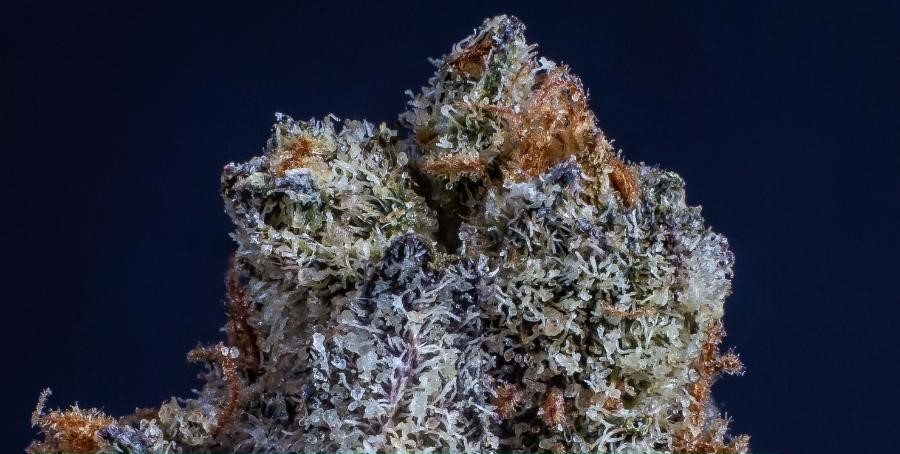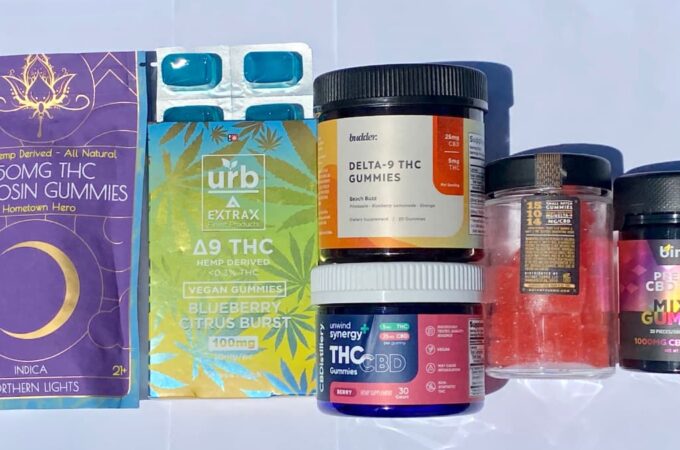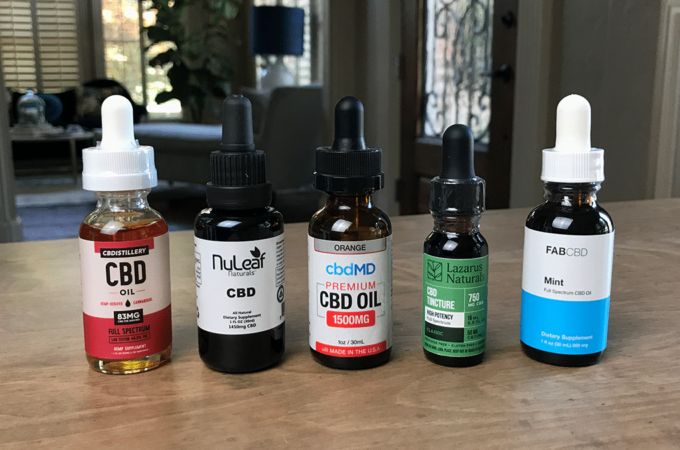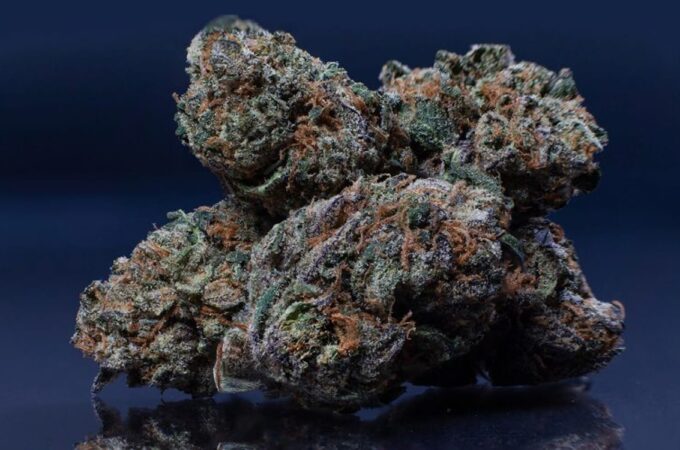
THCA Flower: The Secret to Reducing Inflammation Naturally
Many are turning to THCA flower as a promising solution in the quest for natural remedies to combat inflammation. This raw form of cannabis offers a wealth of potential health benefits without the psychoactive effects commonly associated with THC. If you’re looking for the best THCA flower to help manage inflammation, understanding its properties and benefits can guide you to the right choice.
What is THCA?
Tetrahydrocannabinolic acid (THCA) is a non-psychoactive cannabinoid found in raw and live cannabis plants. Unlike THC, THCA does not produce a “high” when consumed. Instead, it offers various potential health benefits, including anti-inflammatory properties, making it an appealing option for those seeking natural ways to reduce inflammation.
How THCA Works to Reduce Inflammation
THCA interacts with the body’s endocannabinoid system (ECS), which plays a crucial role in regulating immune response and inflammation. By binding to the ECS receptors, THCA helps modulate the inflammatory process, potentially reducing symptoms associated with chronic inflammation such as pain, swelling, and stiffness. For those looking to find the best THCA flower for inflammation, this interaction is key to its effectiveness.

Choosing the Right THCA Flower for Inflammation
- Understanding Cannabinoid Ratios
The presence of other cannabinoids can influence the effectiveness of THCA in reducing inflammation. For instance, a balanced ratio of THCA and CBD may enhance the anti-inflammatory effects due to the entourage effect, where cannabinoids work synergistically. When searching for the best THCA flower, consider products that offer a balanced cannabinoid profile for optimal results.
- Terpene Profiles and Their Role
Terpenes are aromatic compounds in cannabis that contribute to its scent and flavor but also have therapeutic properties. Specific terpenes like myrcene, limonene, and beta-caryophyllene are known for their anti-inflammatory effects. Choosing a THCA flower rich in these terpenes can further enhance its ability to reduce inflammation naturally.
- Strain Selection: Indica vs. Sativa
The strain of THCA flower you choose can impact its anti-inflammatory benefits. Indica strains tend to have more sedative and relaxing effects, which can be beneficial for nighttime use and overall relaxation. Sativa strains are generally more energizing and may be better for daytime use. Hybrids balance both, allowing you to tailor your choice to your specific needs and lifestyle.
- Quality and Purity of the Flower
The cultivation practices and quality of the THCA flower are crucial for its effectiveness. Organically grown THCA flowers without pesticides or synthetic fertilizers ensure a cleaner product. High-quality flowers preserve the full spectrum of cannabinoids and terpenes, enhancing their therapeutic benefits. Look for lab-tested products to confirm their purity and potency.
- Lab Testing and Transparency
Reputable sources of THCA flower provide lab results that verify the cannabinoid and terpene profiles, as well as the absence of contaminants such as heavy metals, mold, and pesticides. These results are crucial for ensuring you get a safe and effective product. Always choose brands that are transparent about their testing practices.
Methods of Consuming THCA Flower
- Juicing: Fresh, raw cannabis can be juiced to retain high levels of THCA. This method allows for direct consumption of THCA without any decarboxylation (heating) that converts it to THC.
- Tinctures and Oils: These can be made from raw THCA flower and provide a convenient way to consume THCA with precise dosing.
- Smoothies and Salads: Adding raw THCA flower to smoothies or salads is an easy way to incorporate its benefits into your diet.
Personalizing Your THCA Experience
- Consult with Experts
Whether you’re new to THCA or experienced, consulting with knowledgeable dispensary staff or healthcare providers can offer personalized recommendations. They can help you understand which strains and products best suit your inflammation needs.
- Start with Low Doses
Especially if you’re new to THCA, begin with a low dose to see how your body responds. Gradually increase the dosage as needed while monitoring the effects.
- Monitor and Adjust
Please keep track of your inflammation symptoms and how they change with THCA use. Adjust your strain, dosage, and method of consumption based on your personal experience and health goals.

Conclusion
THCA flower presents a natural and potentially effective way to manage inflammation without the psychoactive effects of THC. By understanding the importance of cannabinoid ratios, terpene profiles, strain selection, and quality assurance, you can find the best THCA flower to meet your needs. Incorporating THCA into your wellness routine, whether through juicing, tinctures, or dietary additions, can offer a holistic approach to reducing inflammation naturally. With careful selection and personalized use, THCA flower can be a valuable ally in your journey toward better health and well-being.





